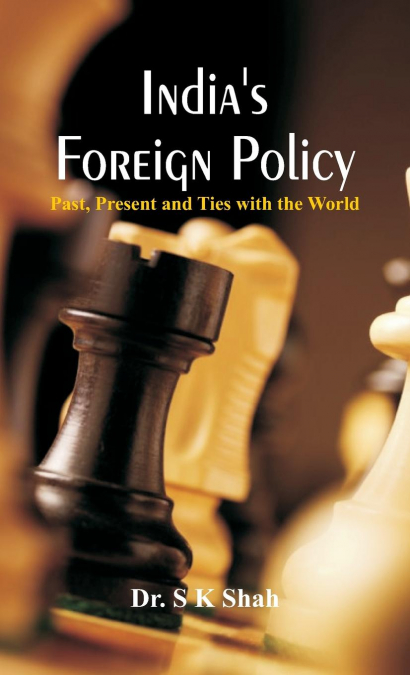
Dr. S K Shah
India’s foreign policy opportunities and challenges in mid-2014 under the leadership of India’s new Prime Minister Narendra Modi will expectedly acquire bold and audacious contours dispelling the earlier ten years of appeasement and timidity. India’s foreign policies in the 2004-2014 periods failed to exploit the strategic leverages that were being bestowed on India, internationally and regionally, in recognition of India’s emerging major power potential in the process of crystallising till mid-2004. Many in India and abroad believe that India’s foreign policy is poised for a ”sea change” under a BJP government, especially one headed by the strident Narendra Modi. According to Sreeram Chaulia, professor and dean at the Jindal School of International Affairs in Sonipat, India, foreign policy under Modi-led government will see greater emphasis on commercial diplomacy, “more assertive actions in response to [Pakistan backed] cross-border terrorism,” greater attention to long-term policy planning with a view to formulating grand strategy for scenarios in 2020 and beyond, ”a bigger role for the military in shaping India’s national security and formulating doctrines,” and a greater say for the states in the government’s formulation and execution of foreign policy. India's foreign policy seeks to safeguard the country's enlightened self-interest. The primary objective of India's foreign policy is to promote and maintain a peaceful and stable external environment in which the domestic tasks of inclusive economic development and poverty alleviation can progress rapidly and without obstacles. Given the high priority attached by the Government of India to socio-economic development, India has a vital stake in a supportive external environment both in our region and globally. This book contains the fundamental and basic information of the subject and useful for teachers, students and researchers.